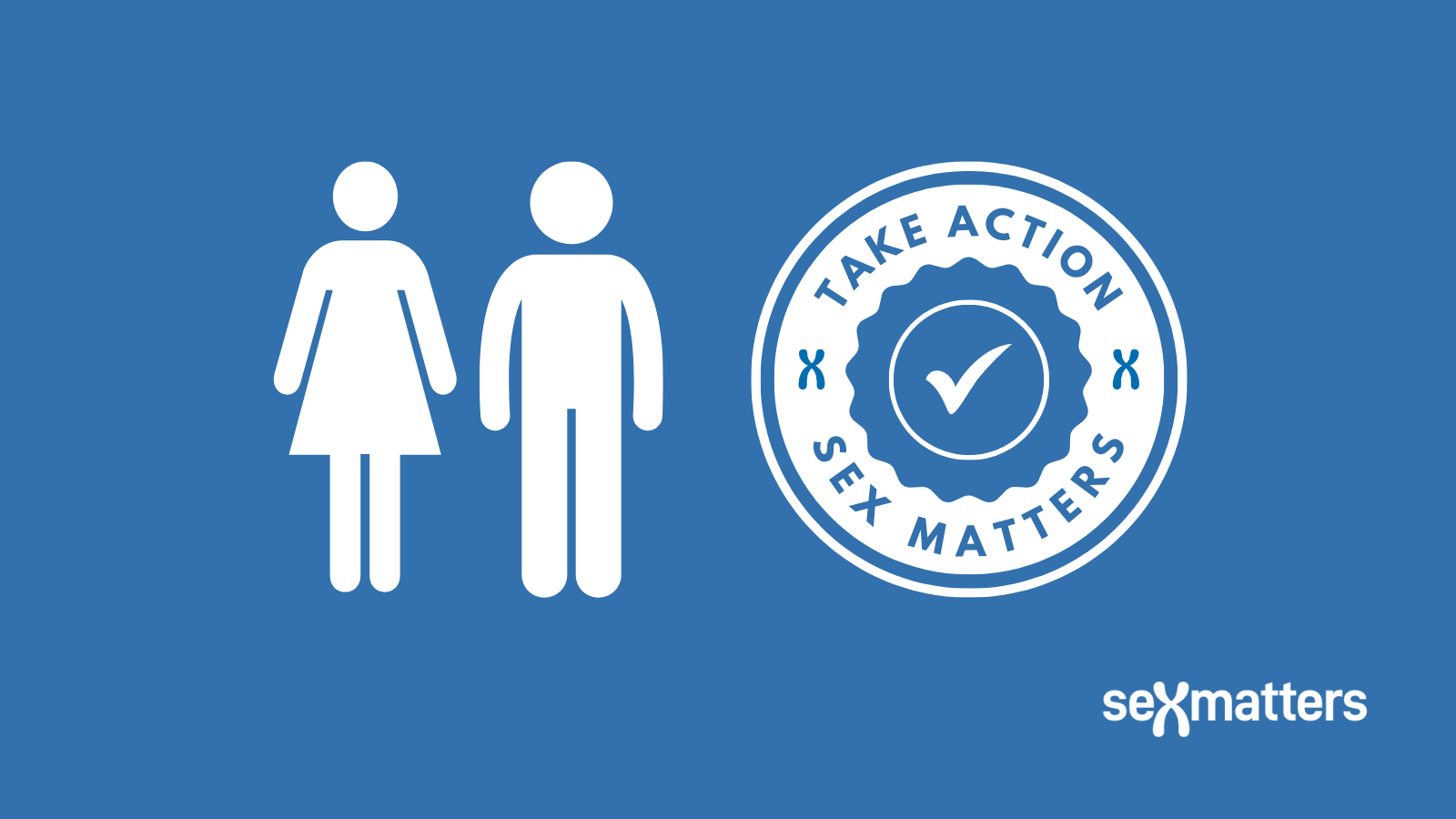The government wants examples of bad guidance on single-sex services

Send in the evidence!
The government has issued a call for the public to input evidence of bad policies and guidance on single-sex services.
UPDATE: Read Sex Matters’ guidance on how to submit evidence
The Equality Act allows for clear single-sex services – including everyday facilities like toilets, showers and changing rooms, dormitories and other communal accommodation, as well as specialist services like women’s refuges, sporting and health, social and education programmes – but provisions have been eroded by bad policies and training that promote misunderstanding of the law.
The Equality and Human Rights Commission published guidance in 2022 which made clear that service providers and employers can provide separate-sex services and facilities. But many public bodies and other organisations issuing sector guidance still wrongly suggest that people have a legal right to access spaces and services provided for the opposite sex, based on their self-identified gender.
This call for evidence by the Equalities Hub, led by the Minister for Women and Equalities, Kemi Badenoch, is very welcome. Clarity about what the law requires and permits will help everyone.
What’s the problem?
For years, activist groups have advised that anyone who says they are a woman is legally entitled to access female-only spaces and services. This fundamental misconception has driven many organisations to implement a self-identification policy.
Employers have adopted “transitioning at work” policies that say a man who undertakes a personal transition such as changing his name and clothing can use toilets and changing rooms for women. Little thought was given to the impact on everyone else – except to say that they needed to be educated to accept it. The policy of the Office for National Statistics is a typical example of this.
Universities have implemented policies that give priority to self-declared gender, so that single-sex provision becomes mixed-sex at a stroke. For example, Cardiff University’s transgender policy says:
“You have a legal right under the Equality Act 2010 to access facilities – such as changing rooms and toilets – according to the gender with which you identify. This may mean that you may change the facilities you use at the point when you start to live in your affirmed gender. Ultimately it is your choice to use whichever facilities you feel comfortable using.”
Charities that were set up to serve the needs of women and girls (or men and boys) have adopted policies of gender self-identification. Girlguiding says that it is a girl-only organisation and operates within the terms of its Royal Charter to educate girls and women. But it also says:
“We treat trans girls and women according to the gender they have transitioned, or are proposing to transition, to. Meaning trans girls and trans women are welcome to be a part of our great charity.”
Such simplistic statements of inclusion mean that the organisation tells its volunteers to treat men and boys as if they were female, undermining safeguarding.
Local authorities, regulators, professional bodies, national governing bodies of sport, trade unions, industry bodies and commercial advisors have all contributed by providing bad guidance.
What should you do?
The call for input is open until Wednesday 26th June. It covers England, Scotland and Wales (and also UK-wide policies and guidance). The minister is looking for policies or guidance from public bodies or those that advise public or private organisations that wrongly suggest a legal right to access single-sex spaces according to self ID.
Note that she is asking for guidance and policies covering single-sex provision, not specific incidents or sites, and not separate-sex facilities that have been replaced with mixed-sex or gender-neutral facilities. You can respond by sending a document, or a link to a document, showing the policy or guidance.
Sex Matters will publish guidance to make it quick and easy to respond next week. This will cover what kinds of guidance are not in line with the Equality Act, and how to submit examples.
You may want to start collecting examples of bad guidance now. This can be for any single-sex provision, not just toilets and changing rooms. Take screenshots, download documents or save links so that you have clear evidence. You do not need to explain why this matters, or to prove that there is a problem on the ground. This call for input is focusing on bad policy based on misrepresentation of the law, whether intentional or not.
